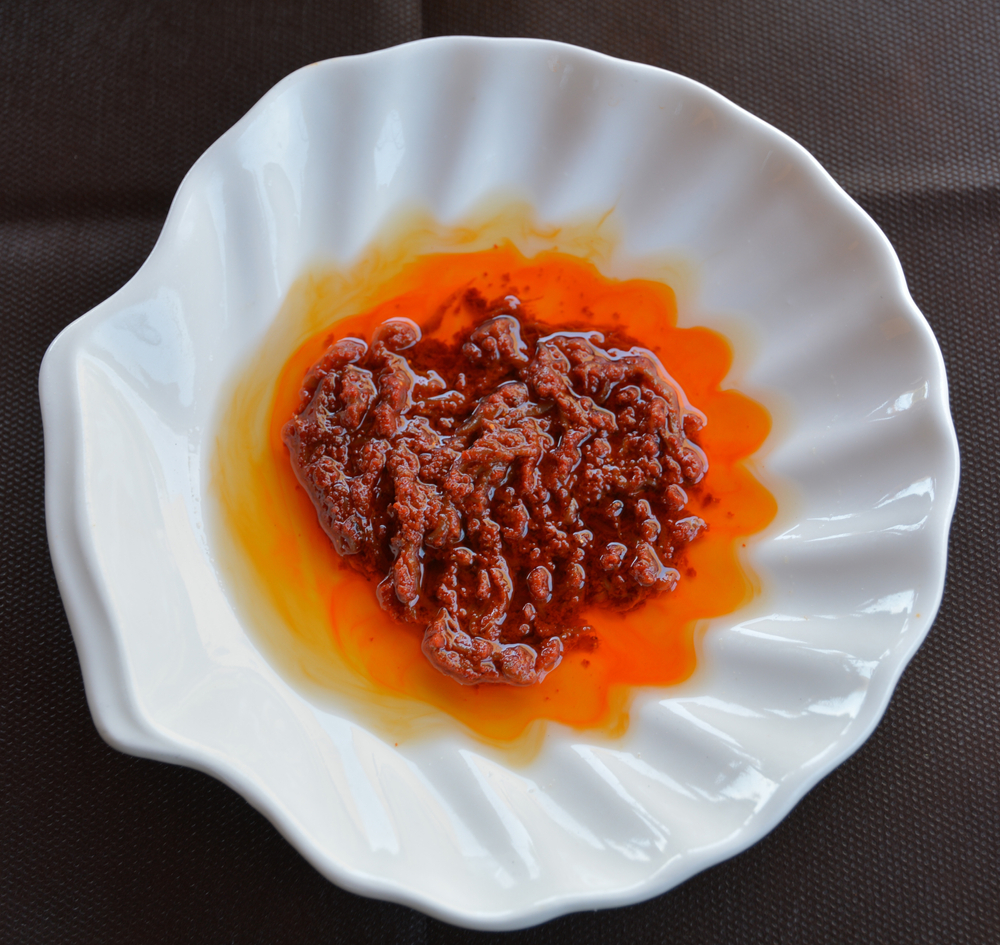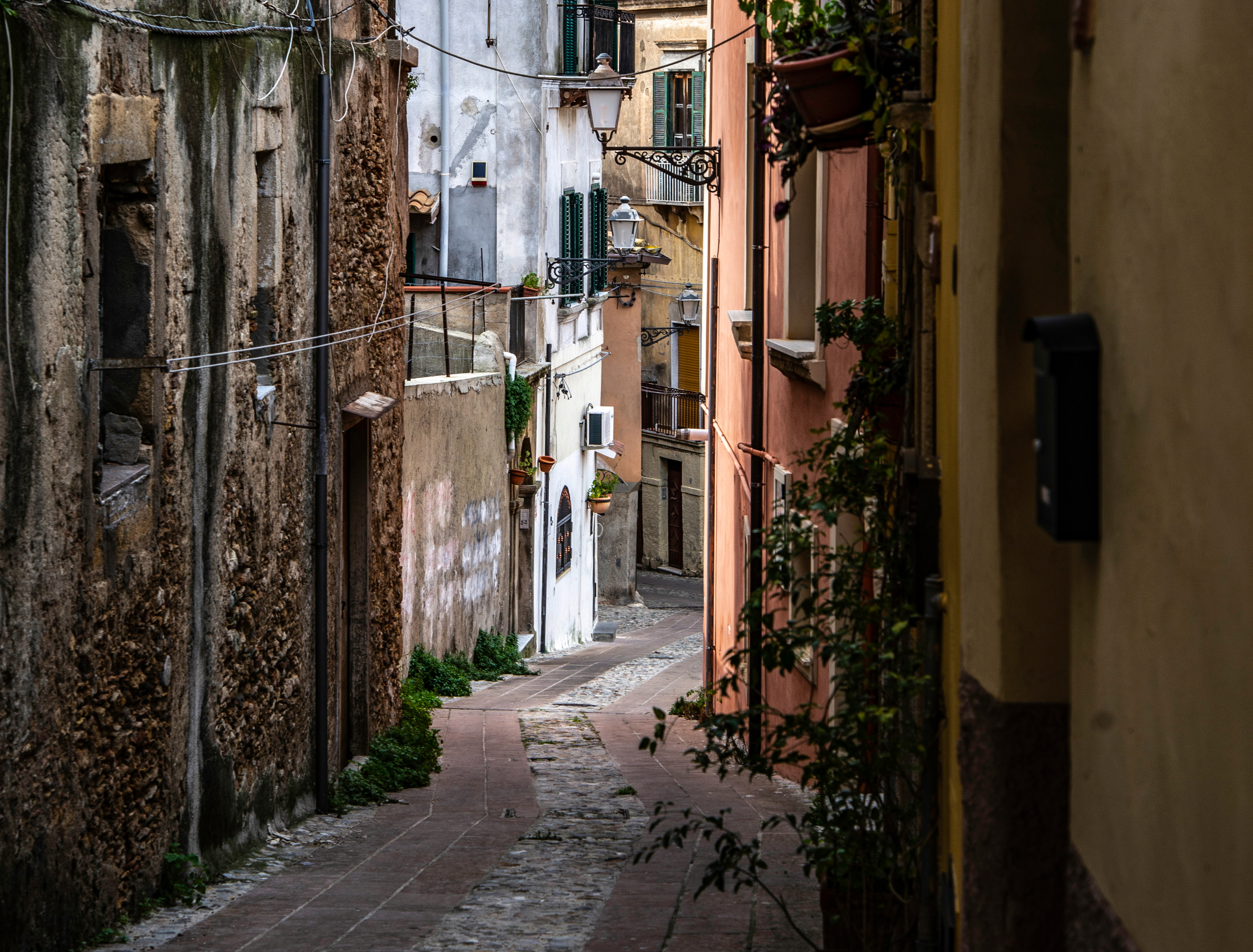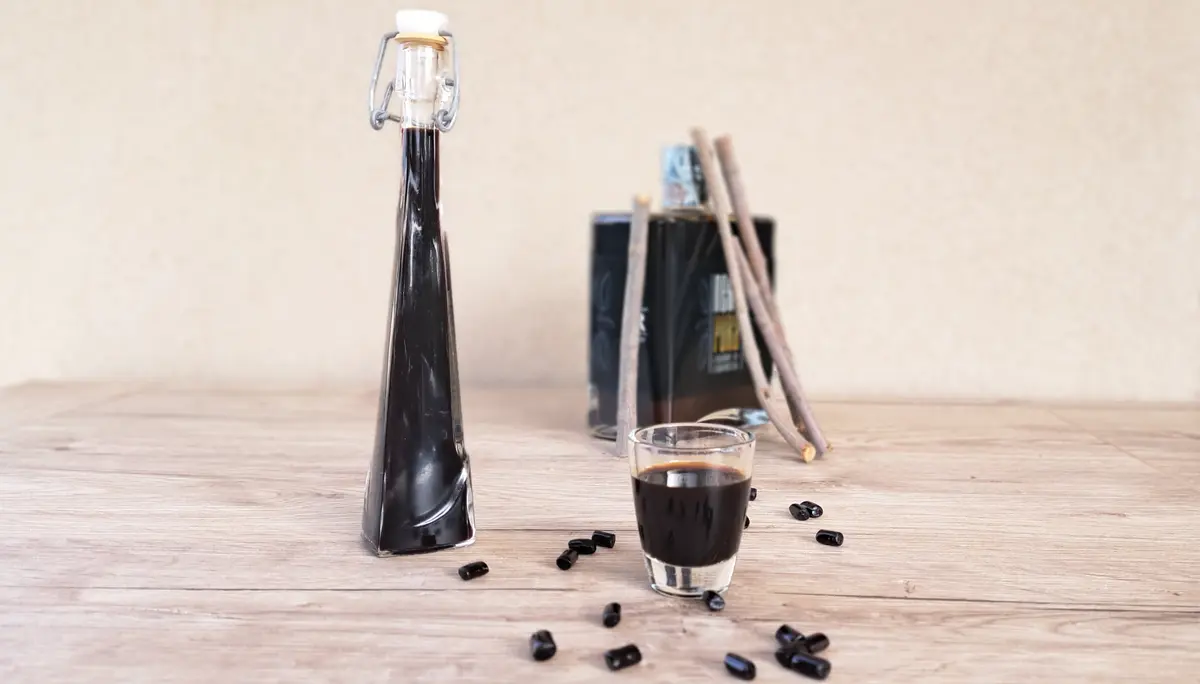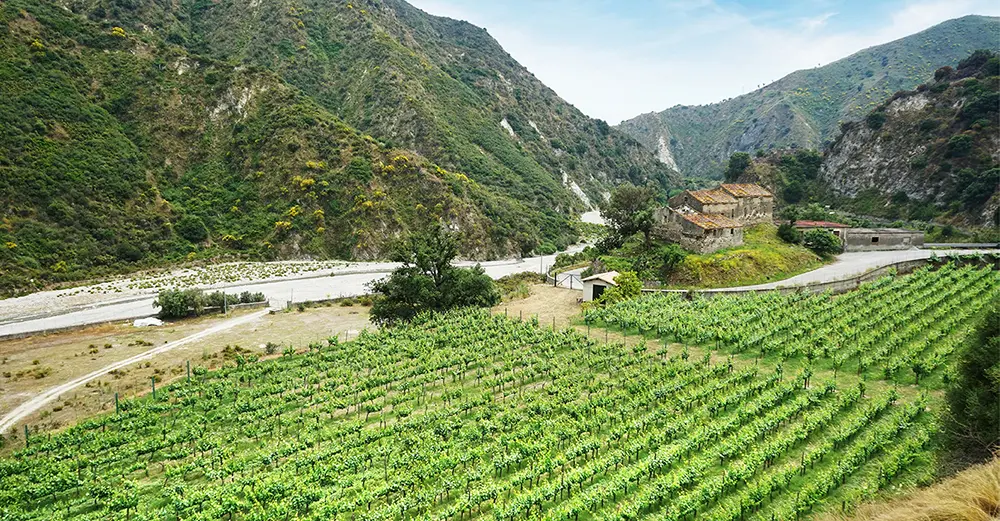Sardella Crotonese, a story of sea and goodness
Trip to Crotone and its surroundings to taste the Rosamarina

Food and wine
Sardella - Regione Calabria
Calabria is known to have a predilection for spicy flavours, even at sea.
This is why Sardella Crotonese is the explosive mix of fresh fish and spicy seasoning to be enjoyed all year round, especially when visiting Crotone and its surroundings and the coastal towns of the Upper Ionian Cosenza area.
Let's discover together what sardella is and where to find it for a tasty treat.
Sardella Crotonese or Rosamarina?
Also known as "Rosamarina", "Nduja di Pesce" and "Caviale Calabrese", Sardella Crotonese is a traditional regional fish product that finds its apotheosis in the province of Crotone, where it is processed, preserved and enjoyed all year round.
Here, the salted pilchard, queen of the table, is prepared according to the ancient traditional recipe handed down from one generation of local fishermen to the next: the main ingredient is small blue fish (bianchetto), caught when the bones are still very tender, or "baby" (hence the dialectal form "nunnàta"); to which are added Topepo peppers, a more or less spicy variety of cherry-shaped Calabrian chilli pepper, dried in the sun or in a wood-fired oven and chopped.

Salt and wild fennel flowers are added to the fish and peppers. Everything is well pressed under a weight in a barrel.
The slow maturation in the barrel makes the sardella a spicy and tasty cream, which can be spread on fresh bread and bruschetta as is, or used in dilution, as a condiment added to pasta dishes and appetisers.
The origins of this ancient product? Apparently they can be traced back to no less than the garum of the ancient Romans, like the famous "Colatura di Alici" of Cetara.
Sardella places
Obviously, the best way to taste Sardella Crotonese is from the city of Crotone, the undisputed capital of this tasty condiment.
The best places to taste it, apart from the local markets and the fish market, are the restaurants along the beautiful Crotonese seafront, where the sardella is served in a traditional or more innovative and gourmet style, according to taste.
After a sardine-based lunch, we recommend a stroll through the historic centre of Crotone to enjoy the cultural and artistic excellence offered by the provincial capital, as well as its food and wine.

A visit to the symbolic monument, the Castle of Charles V, is a must. Built in 840 to defend the city from Saracen raids, it was more substantially modified in 1541, with a polygonal plan and two towers: a more massive one, known as the "Helper Tower", and another called the "Commander Tower".
Not to be missed is a visit to the Cathedral of Santa Maria Assunta, inside which is kept the precious Byzantine icon of the Madonna that, every year in August, is carried in a night procession to the Sanctuary of Capo Colonna, just outside the city.
Those who wish to discover the history and archaeology of ancient Kroton, with some curiosities about the customs of classical gastronomy, can spend the afternoon at the National Archaeological Museum of Crotone, admiring some of the most important artefacts of the ancient Greek city.
Remaining in the province of Crotone, the other localities that rightfully claim paternity of the tasty sardella are Crucoli, properly called the "Sardella Town", and Cirò Marina.
In Crucoli, the sardella is the protagonist of a festival that has been held continuously since 1970. The Crucoli Sardella Fair takes place every second Sunday in August, coinciding with the mid-August festivities, and involves tourists in a two-day event dedicated to the prized product of the sea.
Tastings, exhibitions and musical and convivial moments enliven one of the most popular fish festivals in Calabria.
https://calabriastraordinaria.it/en/news/sardella-crotonese-a-story-of-sea-and-goodness








